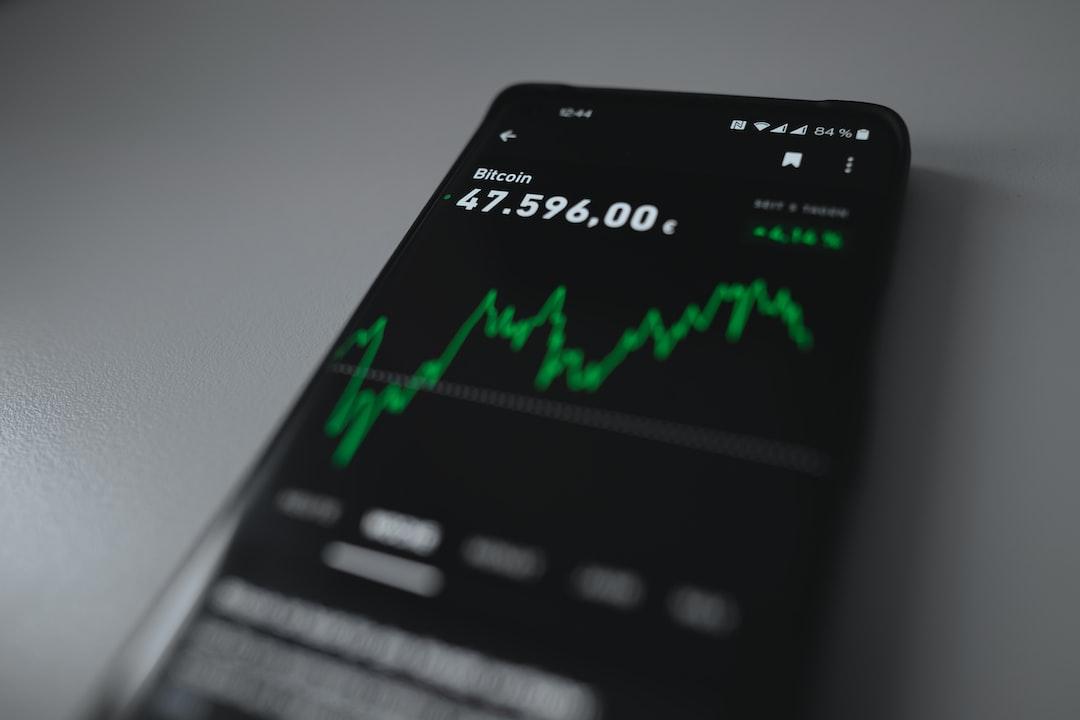Updated on February 22 at 9:30 am UTC: Binance has responded to its customers in a screenshot added to this article.
An official adviser to Nigeria’s President has recently called for a ban on popular trading platforms such as Binance and KuCoin in the country. Bayo Onanuga, who serves as President Bola Tinubu’s adviser on information and strategy, made these allegations on the X social media platform, claiming that these platforms have manipulated Nigeria’s fiat currency, the Nigerian naira, which has contributed to its decline in the forex market. There have been speculations that the Nigerian government is already considering implementing this ban.
In a post titled “The Naira-Dollar Manipulators,” Onanuga criticized Nigerians for trading on the Binance platform, accusing them of being unpatriotic. He called for the Economic and Financial Crimes Commission (EFCC) and the Central Bank of Nigeria (CBN) to swiftly put a stop to the operations of cryptocurrency exchanges in the country. Onanuga specifically mentioned Binance, stating that it is currently facing regulatory scrutiny in multiple countries and should not be given the authority to determine the value of the naira on its crypto exchange platform. However, on February 22, Binance distanced itself from the forex crisis in Nigeria, emphasizing that its platform operates on a market-driven basis and is not intended to serve as a proxy for currency pricing in Nigeria.
Crypto users in Nigeria have reported difficulties in accessing various crypto exchange websites, including Binance and OctaFX, leading to speculations of a potential government ban on crypto platforms. Binance has responded to this situation by sending an email to its users, assuring them that the issue only affected the online platform and that the Binance app is still functional. The exchange also stated that it is actively engaging with regulators to facilitate an open and transparent dialogue about the management of cryptocurrency in the country.
In a separate development, Binance set a limit on the selling price of Tether (USDT) tokens on its peer-to-peer (P2P) platform. This restriction prevents traders from selling USDT above 1,802 naira per USDT. However, contrary to the speculation within the local crypto community, Binance explained that this price peg was due to an automatic system pause, not any deliberate manipulation.
Nigeria currently holds the title of the largest P2P market in the world, a position it gained after the CBN banned institutions from buying and selling crypto in 2021. However, a circular sent to banks in December 2023 overturned the crypto ban on Nigerian banks, allowing them to facilitate cryptocurrency transactions.

